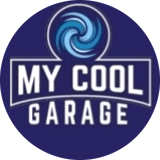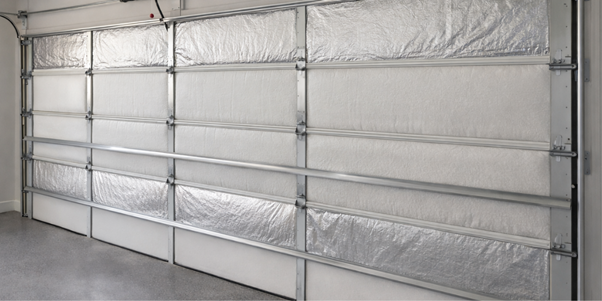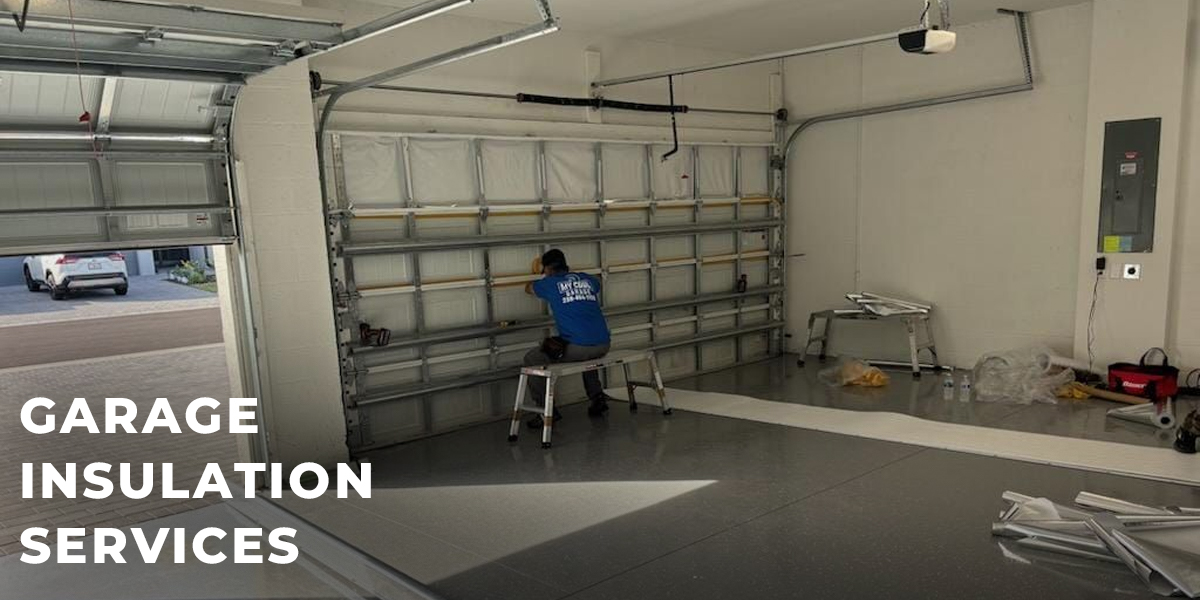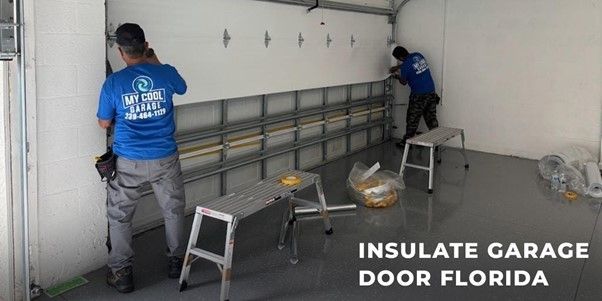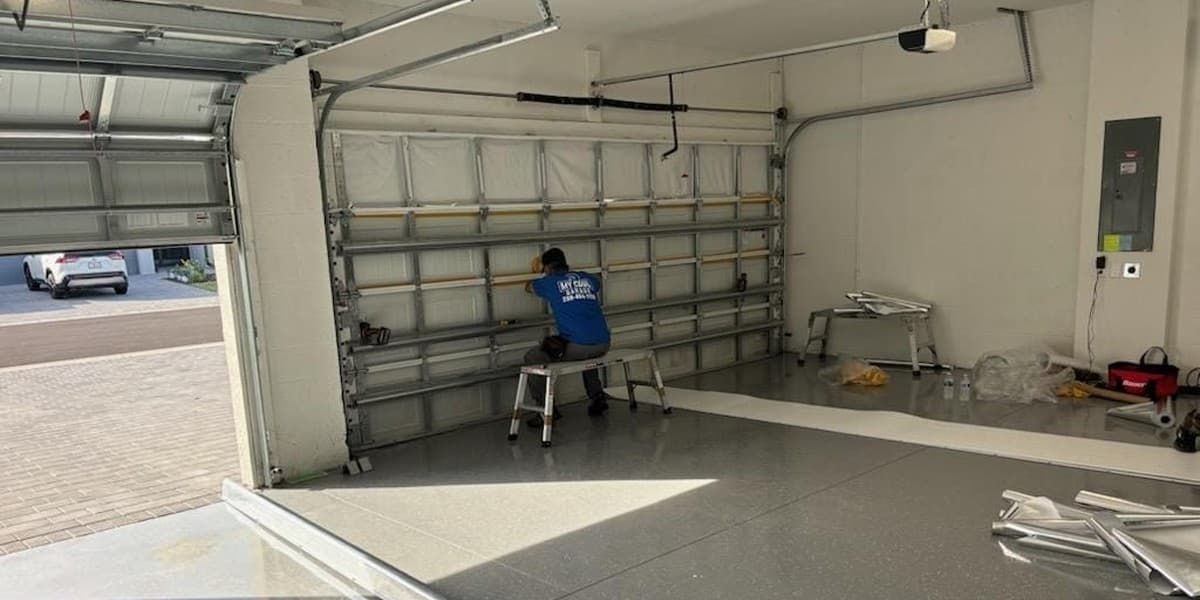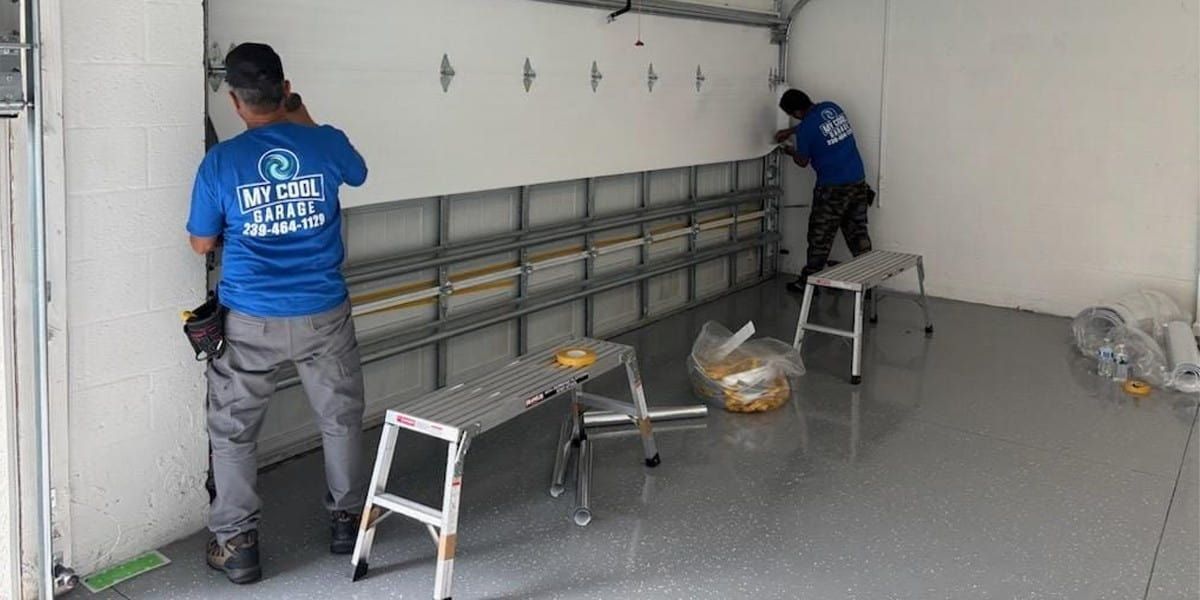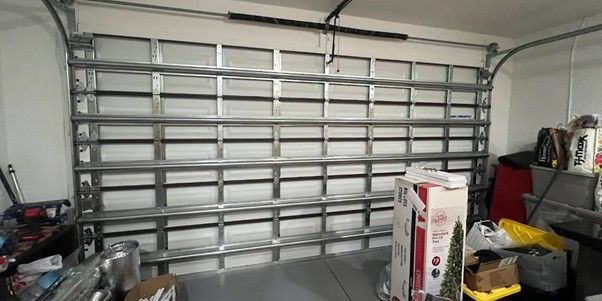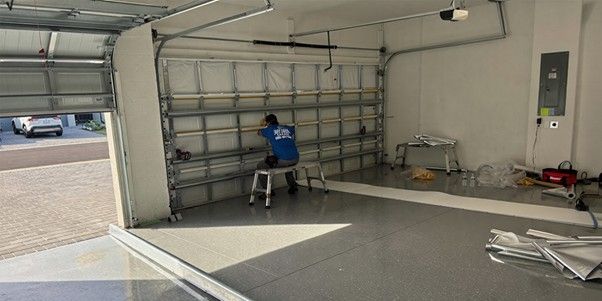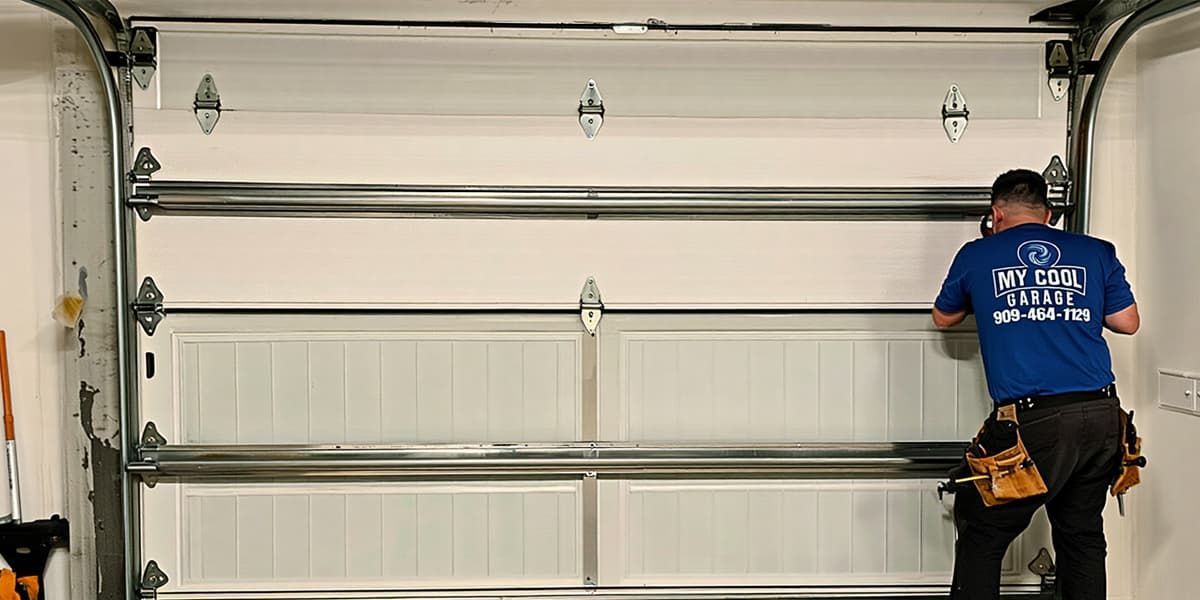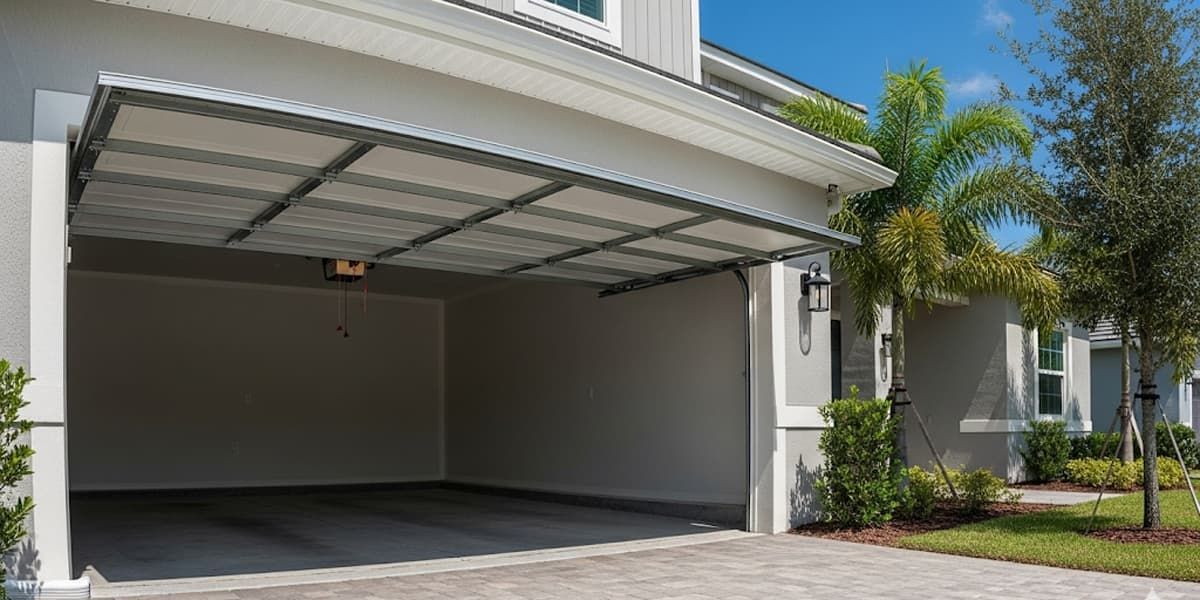Do Garage Door Insulation Companies in FL Offer Hurricane-Ready Solutions?
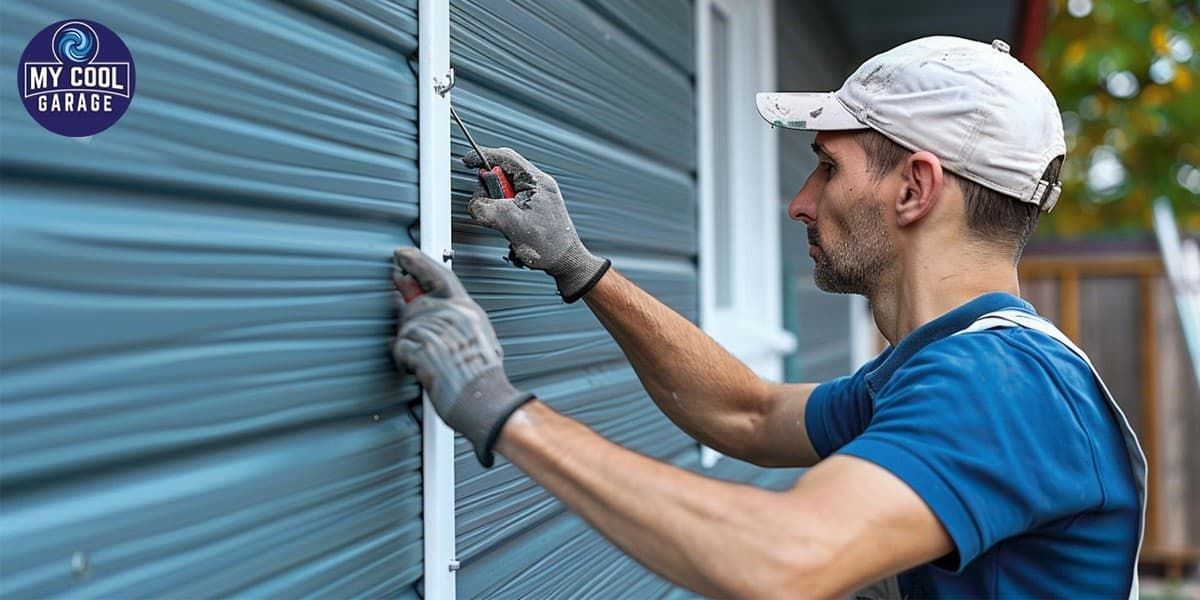
Living in Florida means lots of sunshine, but also strong hurricanes. If you're a homeowner, you've probably heard about the importance of hurricane-resistant windows and roofing. But what about your garage door?
Many people overlook the garage, yet it's one of the most vulnerable parts of your home during a storm. That’s why more garage door insulation companies near you in Florida, like ours, are now offering hurricane-ready solutions that protect your home and reduce energy bills.
In this blog by My Cool Garage, we’ll break down how insulation can help strengthen your garage door, make your home safer, and keep you comfortable all year round.
Protecting Your Home Starts with a Hurricane-Ready Garage Door
According to a source, over 90% of hurricane-related wind damage starts with garage door failure. A weak garage door can blow in under pressure, letting wind rush into your home. This increases the chance of roof loss and severe structural damage.
According to a source, in Florida, garage doors must withstand winds of 130–150 mph. If your door isn’t reinforced or insulated properly, it could fail during the next storm season.
What Makes a Garage Door “Hurricane-Ready”?
To be hurricane-ready, a garage door must:
- Have reinforced bracing (vertical and horizontal)
- Be made of heavy-duty materials (steel, composite)
- Include impact-resistant insulation panels
- Be properly sealed to reduce air and water leakage
Hurricane-rated garage doors are tested using missile impact tests and pressure cycles. Many insulation companies work with doors that meet or exceed Florida’s code.
How Insulation Plays a Role
Insulation doesn’t just save energy—it strengthens your garage door. When applied correctly, garage door insulation adds structural support to thin metal panels, making them more resistant to wind pressure.
Here’s what insulation does:
- Adds weight to resist pressure inward
- Reinforces panel rigidity
- Fills air gaps that create internal uplift
Many garage insulation companies offer foam panel or radiant barrier systems that double as wind-resistant layers.
Types of Hurricane-Ready Insulation Materials
| Insulation Type | Benefits | Hurricane Suitability |
|---|---|---|
| Polystyrene Panels | Rigid, lightweight, adds bracing | Good (with reinforced bracing) |
| Polyurethane Foam | Strong, high-density, improves panel stiffness | Excellent |
| Radiant Barrier + Foam Core | Reflects heat & adds minor rigidity | Moderate |
| Fiberglass Batts | Soft, energy efficient | Poor (no bracing support) |
Note: Polyurethane foam is considered best for structural reinforcement and wind resistance.
Cost & Energy Savings
Insulating your garage door can cost anywhere from $300 to $900, depending on the size and materials. But the payoff is strong:
- Save up to 20% on cooling costs annually (U.S. Department of Energy)
- Increase home safety and resale value
- Avoid hurricane-related repair bills averaging $8,000–$25,000
Considering Florida’s weather, combining insulation with wind resistance is a smart investment.
Qualities to Look For in a Garage Insulation Company
- Do they offer hurricane-rated door systems?
- Are their insulation materials high-density and Florida-code approved?
- Do they provide warranties or certified installation?
- Do they serve your specific region (coastal vs inland)?
A professional garage insulation company near you should offer custom-fit solutions and not just one-size-fits-all kits.
Real Benefits: Safety, Comfort, and Lower Bills
Choosing a hurricane-ready insulated garage door means:
- Greater protection during storm season
- Cooler indoor temps even during 100°F Florida summers
- Lower electric bills from reduced AC use
- Quieter garage—great if it doubles as a gym, office, or workshop
Plus, insurance providers often give discounts to homeowners with reinforced garage doors.
People Also Ask (FAQs)
1. Can garage door insulation really protect against hurricanes?
Yes, when combined with reinforced panels and braces, insulation adds stiffness and helps resist wind pressure.
2. Do I need a new garage door or can I just add insulation?
If your current door is structurally sound, insulation can be added. However, older or thin doors may need a full upgrade.
3. How do I know if my garage door meets Florida hurricane codes?
Check for a wind load rating label or ask a certified technician to inspect it.
4. Is DIY garage door insulation enough in Florida?
DIY kits offer energy savings but rarely meet wind-load standards. In hurricane-prone zones, relying on professional installers ensures better protection.
5. How long does hurricane-rated garage insulation last?
High-quality insulation can last 15–20 years, especially when installed by experts.
6. Can insulation help with garage humidity and mold?
Yes! Insulated doors help regulate temperature and reduce moisture buildup, especially in Florida’s humid climate.
7. Need help upgrading your garage for storm season?
Visit us today and get a free quote from our trusted professionals who understand Florida’s climate.
